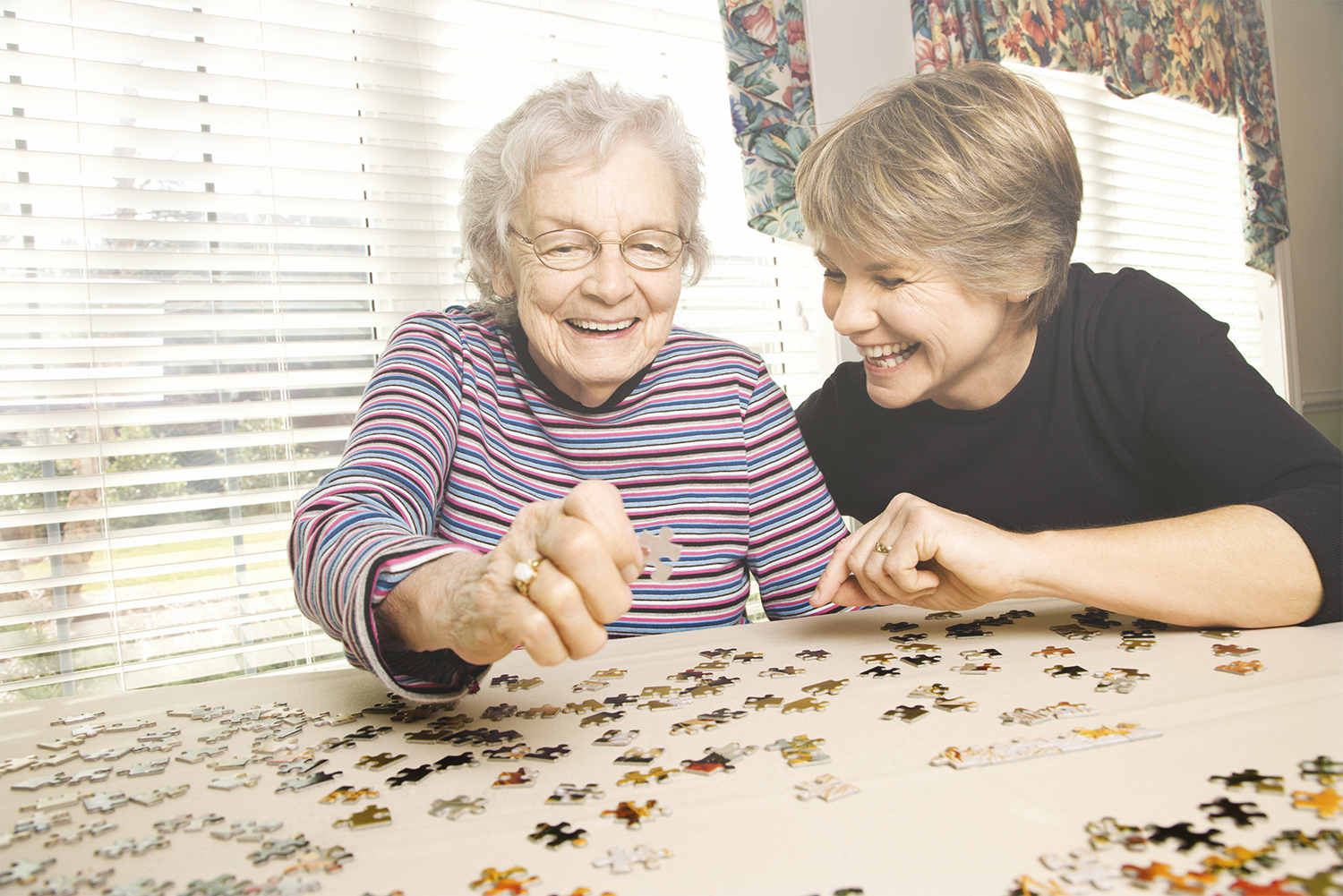By Chanda Hickman, Certified Concierge Care Advisor
The Caregiver’s Guide: How to Balance Elder Care and Self-Care with Resilience
Caring for an elderly family member full-time is a commendable but intricate responsibility. It requires caregivers to balance meeting their loved one’s needs with protecting their own well-being. Without the right strategies, caregiving can take a serious emotional and physical toll. Establishing a robust support system and practicing self-care are essential for sustainable caregiving.
Building a Strong Support System
Caregiving can feel isolating, so it’s crucial to connect with friends, family, or local support groups. Sharing experiences and emotions with others facing similar challenges provides both practical advice and emotional relief. A care advisory service or community group can also help reduce stress by offering caregiving tips and resources.
Prioritizing Personal Health
Caregivers often overlook their own health, but sustainable caregiving depends on their physical and emotional vitality. Scheduling regular health check-ups, eating a nutritious diet, and maintaining physical activity are essential. Self-care is not a luxury but a foundation for elder care services that caregivers provide. When caregivers take care of themselves, they can better care for their loved ones.
Embracing Respite Care to Prevent Burnout
Taking short breaks is vital to prevent exhaustion. A walk, a few moments of solitude, or a phone call with a friend can rejuvenate caregivers and help them stay present. Arranging respite care through professional services or supportive friends and family offers longer breaks for caregivers to reset mentally and physically. Respite care is not a sign of weakness—it’s a necessary step to maintain long-term health and well-being.
Setting Realistic Expectations
It’s essential to recognize your limitations and set achievable caregiving goals. Feeling guilty or believing you’re not doing enough can lead to burnout. Understanding that caregiving is a journey and adjusting expectations ensures caregivers maintain balance and emotional health.
Seeking Professional Guidance
Reaching out to professionals, whether healthcare providers, therapists, or a care advisor, is a sign of strength. These experts can offer invaluable support, personalized strategies, and coping mechanisms. Mental health care is essential for caregivers navigating long-term care needs, helping them manage stress and avoid caregiver fatigue.
Celebrate Small Wins Along the Way
Recognizing your achievements as a caregiver, no matter how small, helps cultivate a positive mindset. Whether it’s improving a loved one’s quality of life or managing daily tasks with compassion, every effort counts. Caregivers must give themselves credit for their dedication and celebrate the moments of success that arise along the way.
Balancing Caregiving and Self-Care with Grace
In the complex dance of caregiving, balancing the needs of your loved one with your own well-being is essential. Sustainable caregiving requires self-care, support, and knowing when to seek help. If you are a caregiver looking for additional resources or advice, our care advisors in Washington are here to help you navigate the challenges of caregiving with confidence and compassion.

























